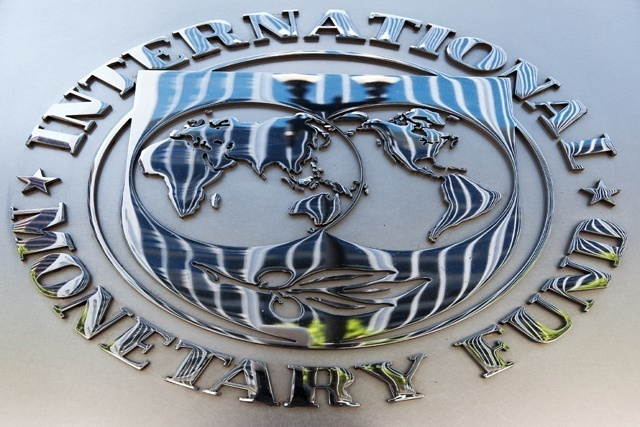The International Monetary Fund (IMF) has approved Seychelles’ request for emergency financial assistance, granting the island nation $31.2 million.
The executive board of IMF approved the request under the Rapid Financing Instrument (RFI). Available to all member countries, the instrument provides rapid and low-access financial assistance when an urgent balance of payments is needed.
In a press conference on Friday, the governor of the Central Bank of Seychelles, Caroline Abel, said that “the finance will supplement the reserve that we have to sustain the country.”
“It will prolong the length of time that we can support the market during this time in which the economy sees itself in a situation where there aren’t enough economic activity bringing in foreign currency,” said Abel.
Seychelles, an archipelago in the western Indian Ocean, has since March 25 banned any passenger arriving from any country on airlines or marine vessels to the island nation, with the exception of returning Seychellois citizens.
With no visitors coming from Europe, the country’s largest tourism markets, and with international airlines grounded, Seychelles’ tourism industry has ground to a halt.
Abel said, “We foresee that the country will not receive a lot of tourists for the rest of this year. As the Central Bank, we need to at one point or another sustain the foreign exchange market, hence, it is important to always have an insurance that should things not get better, there will be something to fall back on and sustain yourself through this difficult time.”
She said the government is making sure that the extra debt does not become a burden later by making informed calculations when looking for financial assistance.
The Seychelles’ finance minister, Maurice Loustau-Lalanne, said on Friday that the loan from IMF comes with an interest rate of 0.05 percent.
The government will continue with repayments of loans — a total of $51.1 million for 2020 — to international creditors.
“We say that the reserve will sustain us for 18 months, but should this reserve reach zero, the institution will be in grave danger, with nothing to help manage certain things, such as foreign exchange,” said Abel.
A press release from IMF said the body “will continue to monitor Seychelles’ situation closely and remain in close dialogue with the authorities.”
“Seychelles’ hard-won economic gains since the 2008 crisis, supported by successive Fund arrangements, are being eroded by the severe impact of the COVID-19 pandemic. The central bank’s prompt response to provide emergency assistance will help alleviate the economic fallout,” said Tao Zhang, the deputy managing director.
Zhang added that “the flexible exchange rate has served Seychelles well, and the resilience of the banking system will play a crucial role in restoring external and internal balances. The central bank should remain vigilant to potential market stress and emerging risks to financial markets.”
